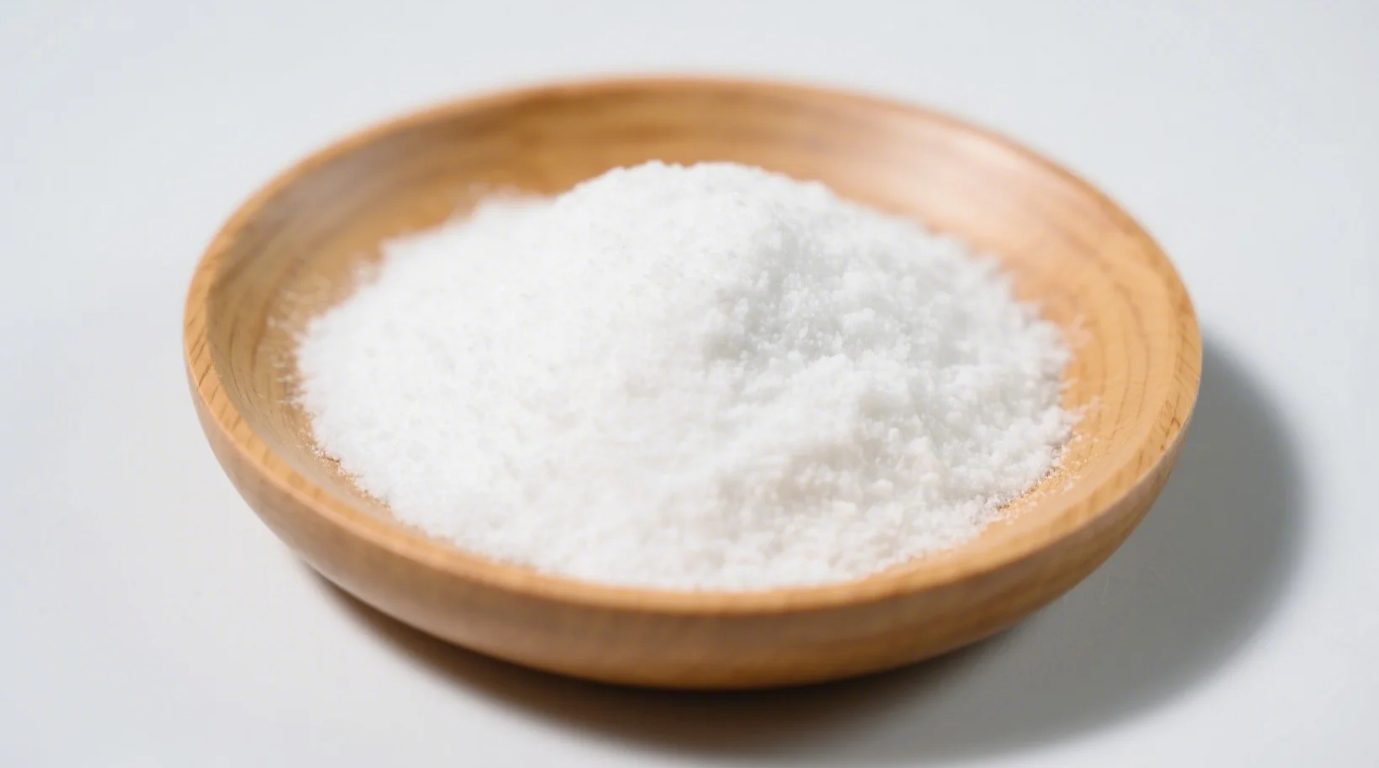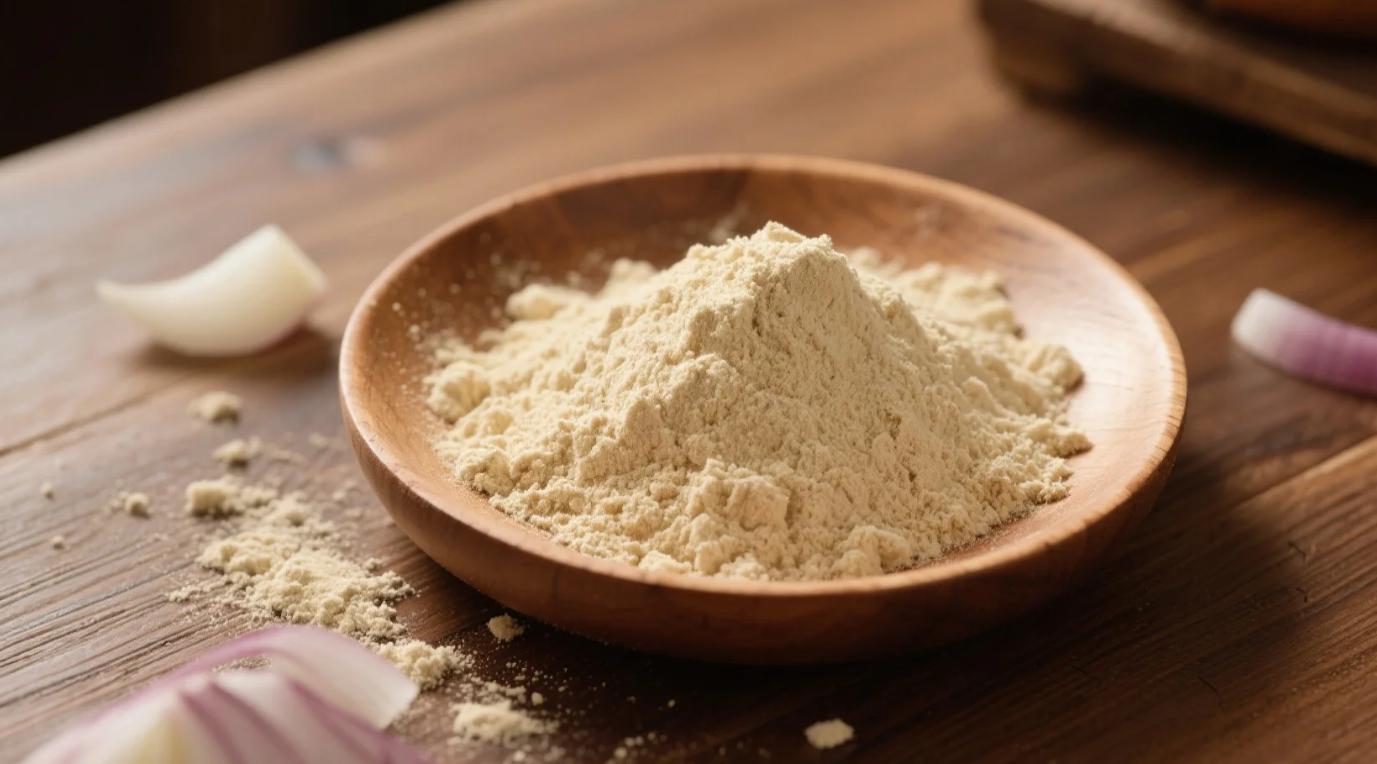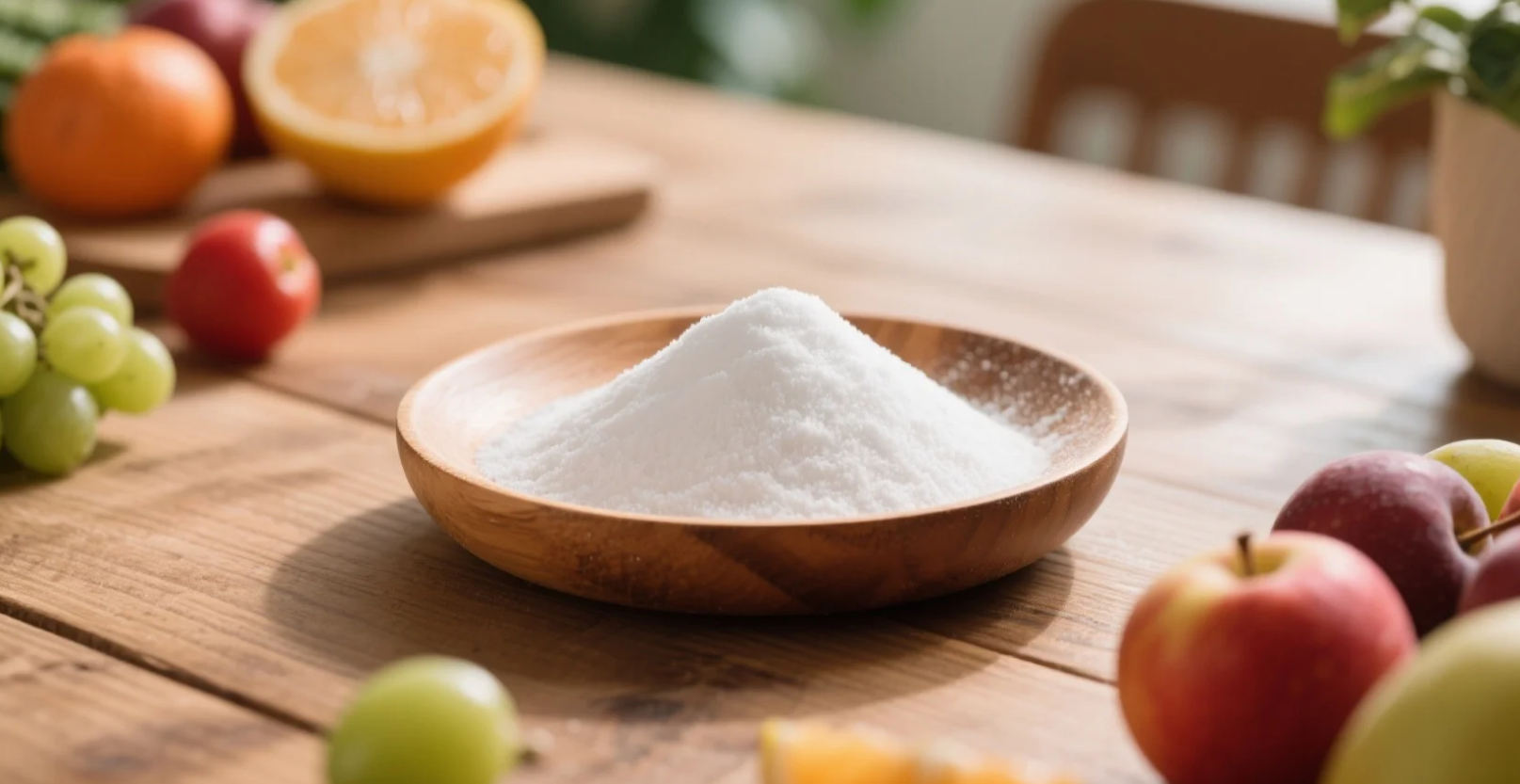Table of Contents
As consumers increasingly seek healthier sweetening options, food and beverage brands are searching for innovative solutions that balance taste, nutrition, and functionality. Among the many natural alternatives available, Organic Allulose Syrup is emerging as the ultimate natural sugar substitute for modern product formulations.
In this article, we’ll explore what makes organic allulose syrup stand out, why it’s ideal for clean-label, low-calorie, and sugar-free products, and how manufacturers can leverage its benefits across multiple industries.
1. What Is Organic Allulose Syrup?
Organic allulose syrup is a rare, naturally occurring sugar found in small quantities in foods like figs, raisins, and maple syrup. Unlike traditional sugar, it provides only 0.4 kcal per gram, making it an almost zero-calorie sweetener.
Its molecular structure is similar to fructose, giving it a clean, natural sweetness without any aftertaste. Because it behaves like sugar in cooking and processing, it’s a seamless replacement for high-calorie sweeteners.
2. A Natural, Low-Calorie Sweetener
One of the key advantages of organic allulose syrup is its ability to deliver sugar-like taste and texture while significantly reducing calorie content. This makes it an ideal solution for:
- Sugar-free beverages
- Low-calorie desserts
- Keto-friendly snacks
- Functional foods
Compared to artificial sweeteners, organic allulose is derived from natural sources and doesn’t compromise on clean-label requirements, making it appealing to health-conscious consumers.
3. Benefits for Food and Beverage Manufacturers
For B2B buyers and food developers, organic allulose syrup offers multiple formulation advantages:
- Natural Origin → Ideal for organic-certified products
- Low Glycemic Impact → Suitable for diabetic-friendly and keto-friendly applications
- Excellent Solubility → Perfect for beverages, sauces, and syrups
- Stable Performance → Retains sweetness under heat, ideal for baking and confectionery
With consumers actively avoiding added sugars, organic allulose syrup helps manufacturers innovate without compromising on taste.
4. Applications Across Diverse Product Categories
Organic allulose syrup is extremely versatile, making it suitable for various industries:
- Beverages: Enhances sweetness naturally without adding calories
- Bakery: Improves browning, moisture retention, and texture
- Confectionery: Works well in chocolates, candies, and gummies
- Dairy & Alternatives: Adds clean sweetness to yogurt, ice cream, and plant-based milk
- Sports Nutrition: Ideal for protein bars, energy gels, and recovery drinks
5. Meeting Consumer Trends and Regulatory Demands
As global sugar-reduction regulations tighten and health-conscious trends grow, brands are increasingly turning to organic allulose syrup to stay competitive. Its organic certification also aligns with clean-label, non-GMO, and sustainable food production demands.
Conclusion
With its natural origin, low-calorie benefits, and broad functional applications, Organic Allulose Syrup is redefining the sweetener landscape. For manufacturers aiming to develop healthier, sugar-reduced, and keto-friendly products, it’s the perfect solution.
If you’re looking for high-quality bulk organic allulose syrup for your formulations, ORGANICWAY offers premium-grade ingredients to meet your production needs.
Contact us today to request a free sample or discuss your bulk purchasing options.
Related Products
Organic Allulose Sweetener
Source premium Organic Allulose Powder and Syrup. A clean-label, low-calorie, non-glycemic rare…


